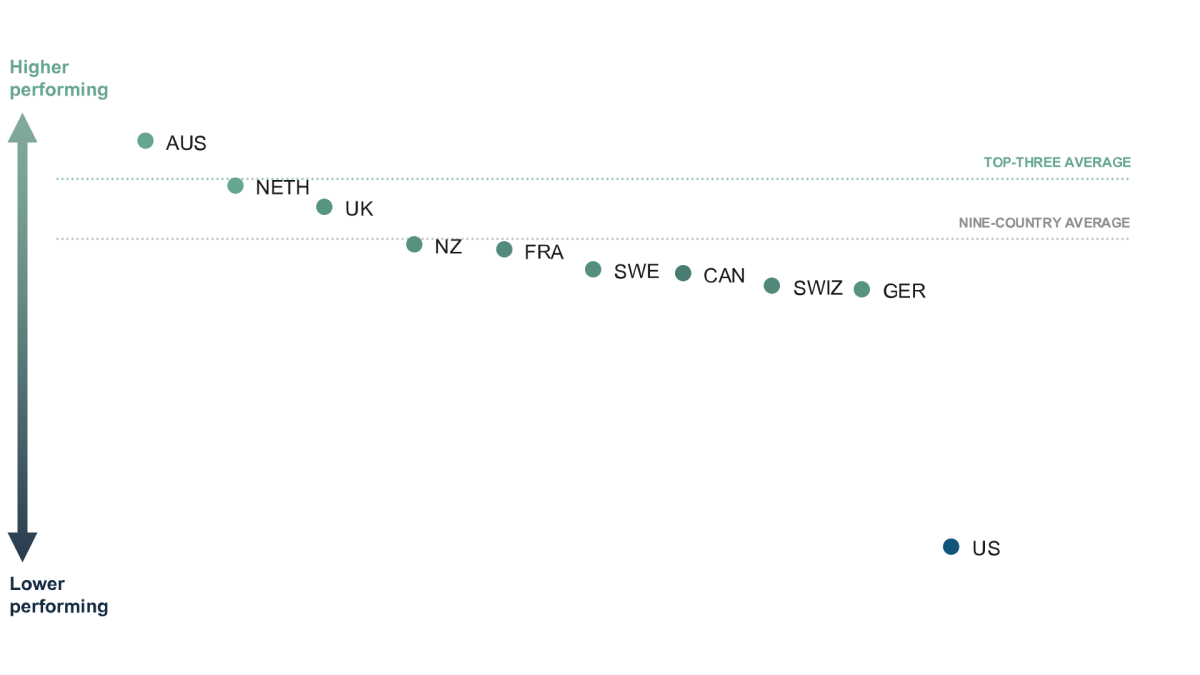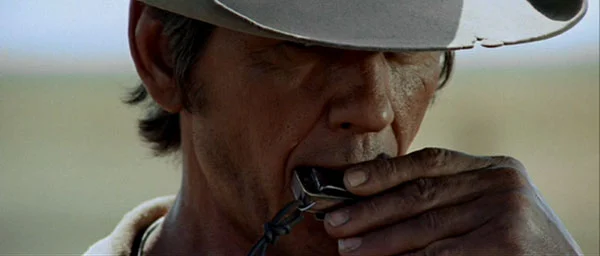It all starts with your friends
February 9, 2022
Much of the younger generation walk around with people they call their friends. The term “friend” is thrown around a lot and loosely used in today’s society and as a result people end up in situations that could’ve been avoided had they understood who their “friends” were. People, places, and things are three things that you surround yourself with that have a huge influence on your day to day behavior, habits, character, and ultimately who you become in your life.
If you surround yourself with people who hold themselves to a higher standard, you too will hold others accountable and most importantly hold yourself to a higher standard. However, if you surround yourself with people who don’t hold themselves to a certain standard, and carry themselves with little to no principle or respect then you, too, will hold others and yourself to that standard. You become who you hang around.
Someone who has your best interest at heart will always look out for you in the long run, always be truthful with you, and always be there for you no matter what. They’ll always check on you when you start to slip up and act out of character, and as a result, you will stay focused which will help you not only stay out of trouble, but also conduct yourself in the best possible manner, and achieve your goals.
Someone who doesn’t have your best interest at heart will always look at what you can do for them that will be beneficial towards them. They’ll take you down or sell you up the river without any second thought. They won’t call you out when you’re doing something unlike yourself and as a result you’ll begin to spiral out of control in a downwards direction. People or “friends” who don’t have your best interest at heart aren’t your “friends,” they’re not even necessarily your enemies…but they’re just not for you.
“A friend is not a friend unless that friendship has been tested” – Big Herc (https://youtu.be/Tac4A-O7M80).
Disagreements and differences.
“Similarities bring friends together, and differences can tear them apart. When friends realize that they no longer have the same interests, values or views on life, this can cause the friendship to fizzle out. Expecting your friends to mirror your exact beliefs and passions can cause problems in the friendship, according to friendship researcher Jan Yager in Carlin Flora’s book Friendfluence. If you do not respect differences in your friendship and insist that your way is the right way, you may end up resenting each other.” (https://classroom.synonym.com/things-can-test-friendship-7392.html).
Success and Jealousy.
“A change in someone’s status — whether that be by making more money, earning academic achievements or gaining more popularity with peers — can drive a wedge between friends. Jealousy can arise if you achieve something that your friend wants for himself, or vice versa. However, the friendship can be salvaged when you realize that just because your friend wants what you have accomplished, doesn’t mean that he isn’t happy for you” (https://classroom.synonym.com/can-transition-friend-zone-relationship-5876.html).
Success and envy are almost complementary. If you become successful in whatever way that may be, the people around you might get jealous. Money is obviously a big one that people get jealous over because it’s glorified today…but people can get jealous over ANYTHING. Something that you have – let it be a possession, asset, new girlfriend, how you carry yourself, shoes, ANYTHING…people can get jealous over it as long as it’s something that they themselves don’t possess but you do. When you begin to succeed you have to watch how those around you begin to behave. Sometimes, once you “level-up” in certain areas of your life you’ll begin to see people behave differently towards you in your life. This is because they don’t like to see you doing better than them. “They wanna see you do good, but never better than them. Remember that.”
You don’t want to adapt the “Crab in the bucket Mentality”
This term is one that many people don’t understand due to its name. The crab in the bucket mentality refers to an individual being negatively affected by his surroundings, environment, and specifically peers in a way that stops the individual from progressing out of their current state.
Nipsey Hussle summed it up perfectly in an interview, “When one person starts to move forward and become a little successful but you still within reach of these people it’s very hard because you’re dealing with the pressure of tryna be successful as well as the pressure of people intentionally waking up to try to bring harm your way and stop you. If I grew up on the same block that you grew up on and we had the same trials and tribulations but you became successful and I became a failure it would make me feel a certain way about myself because we were dealt the same deck of cards. My success and the people closest to me the most versus a person who doesn’t know me might root for me whereas a person that does know me and hasn’t done anything that they’re proud of it can make them feel a certain type of way. It’s intense and it can manifest into jealousy, hate, violence, and it’s deep. It’s almost as if you have to sacrifice yourself for the opinions of others so people would look at you like ‘you keep it real’ instead of in your heart doing what you know you had to do to attain your goals” – (https://youtu.be/VofD-A0UfTQ).
Someone who isn’t your friend will constantly force you to either choose between them and back-tracking the success you’re making as an individual.
Someone who’s truly your friend will NEVER make you feel as if you have to make that choice, and they’ll give you the necessary space and time to become successful without any repercussions to the friendship.
Time and friendship
Spending a lot of time with someone versus spending little time with someone will also show you how authentic a friendship is.
When you spend lots of time with someone it’s easy to say that they’re your friend but are they? What would happen to the friendship if you suddenly began to stop spending so much time together? Would the friendship suffer? Would it become weaker?
For most people, that’s exactly what happens because time is also another test to the authenticity and resilience of a friendship.
Time can make the perception of your friendship either change positively or negatively. It can either destroy a “friendship” because it can make you seem distant and cold or it can positively affect a friendship and force it to grow because absence makes respect increase. It’s the ultimate test to any friendship or bond and it’ll show who cares about you and who doesn’t.
“Too much circulation makes the price go down: The more you are seen and heard from, the more common you appear” (Green 324, The 48 Laws of Power 1998).
Any friendship that can stand the test of time is one that you should value and cherish because those types of friendships aren’t even made anymore. They don’t make friends that stick around through every up and down anymore, so if you have one you better value them more than any amount of money or material possessions.
The importance of a true friendship is indescribable, except to say that it’s something invaluable that can’t ever be replicated. Much of today’s world is superficial and everything is about appearance; a true friendship isn’t anything that you can see, it’s something that only you and your friend can feel.
“In your entire life, you can probably count your true friends on one hand. Maybe even on one finger. Those are the friends you need to cherish, and I wouldn’t trade one of them for a hundred of the other kind. I’d rather be completely alone than with a bunch of people who aren’t real. People who are just passing time.” – (Sarah Ockler, Fixing Delilah 2010).












Pete Maroni
Mar 1, 2022 at 2:58 PM
Great article, Joe! So much truth -you are wise beyond your years. Keep up the good work and I need to hear more about this “48 Laws of Power”.